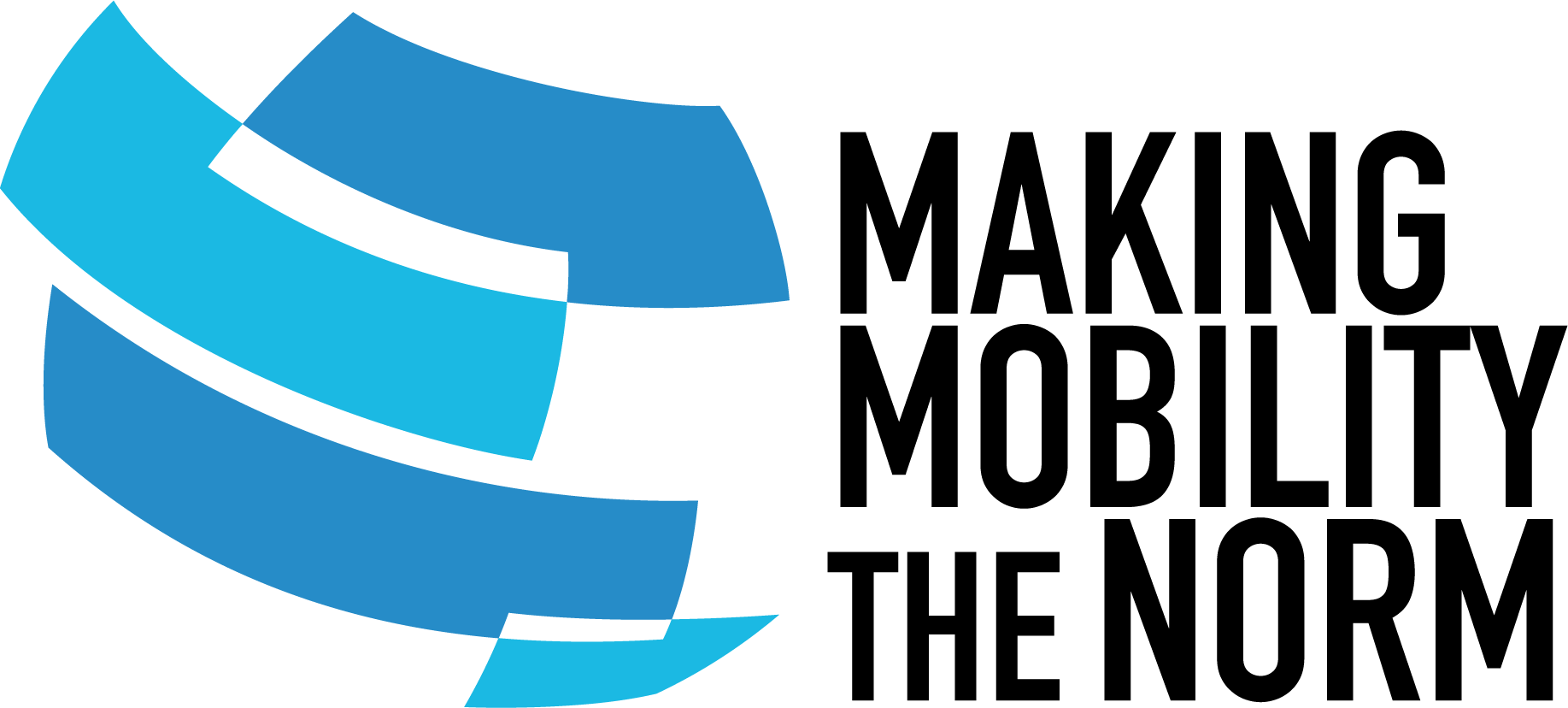Institution
Organizational Unit
Code
ΨΥ-631
ECTS
5
Language of instruction
English
Academic term
2/2
Title
INTELLECTUAL DISABILITIES: PSYCHOLOGICAL APPROACH el
INTELLECTUAL DISABILITIES: PSYCHOLOGICAL APPROACH en
Description
1. Introduction to the study of Intellectual Disabilities
2. Definition issues and Classification, Epidemiology – Etiology
3. The Developmental Approach of Intellectual Disabilities
4. Motivational and Personality Factors in the Performance of the individuals with Intellectual Disabilities
5. Intellectual disabilities: Etiology – related cognitive profiles, strategies and educational planning challenges
6. Genetic syndromes associated with intellectual disabilities: An overview (Down syndrome, Williams, Prader-Willi, etc).
7. Self determination and choices for people with intellectual disabilities
8. Social skills and friendships for individuals with intellectual disabilities- Intervention programs
9. Employment and Intellectual Disabilities- Post-High School Transition for Individuals with Down syndrome
10. Life skills for persons with intellectual disabilities
11. Intervention issues and intellectual disabilities from a psychological perspective
12. Family issues and intellectual disabilities
13. Conclusions
2. Definition issues and Classification, Epidemiology – Etiology
3. The Developmental Approach of Intellectual Disabilities
4. Motivational and Personality Factors in the Performance of the individuals with Intellectual Disabilities
5. Intellectual disabilities: Etiology – related cognitive profiles, strategies and educational planning challenges
6. Genetic syndromes associated with intellectual disabilities: An overview (Down syndrome, Williams, Prader-Willi, etc).
7. Self determination and choices for people with intellectual disabilities
8. Social skills and friendships for individuals with intellectual disabilities- Intervention programs
9. Employment and Intellectual Disabilities- Post-High School Transition for Individuals with Down syndrome
10. Life skills for persons with intellectual disabilities
11. Intervention issues and intellectual disabilities from a psychological perspective
12. Family issues and intellectual disabilities
13. Conclusions
Learning outcomes
Upon successful completion of the course, students will:
gain a basic understanding of the theoretical approaches of intellectual disabilities
know the terminology and definitions of intellectual disabilities
distinguish the cognitive, learning, and psycho-social characteristics of children and adolescents with intellectual disabilities
become familiar with the criteria and means of assessing intellectual disabilities
Know the neuropsychological profiles of basic genetic syndromes like Down syndrome, Prader-Willi syndrome, Williams syndrome etc
become familiar with intervention programs and the supportive role of the family
gain a basic understanding of the theoretical approaches of intellectual disabilities
know the terminology and definitions of intellectual disabilities
distinguish the cognitive, learning, and psycho-social characteristics of children and adolescents with intellectual disabilities
become familiar with the criteria and means of assessing intellectual disabilities
Know the neuropsychological profiles of basic genetic syndromes like Down syndrome, Prader-Willi syndrome, Williams syndrome etc
become familiar with intervention programs and the supportive role of the family
